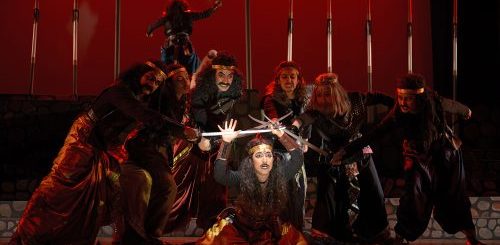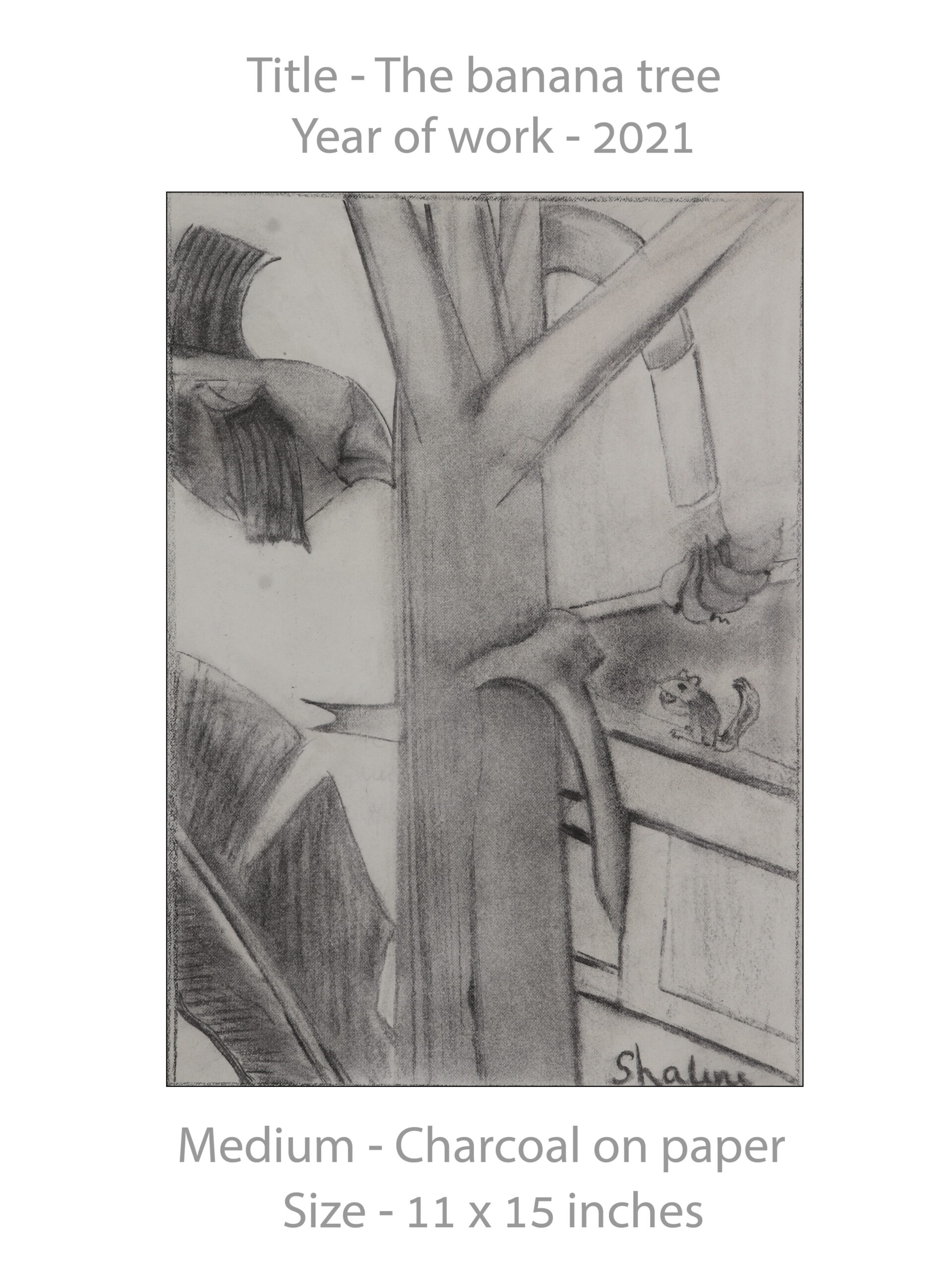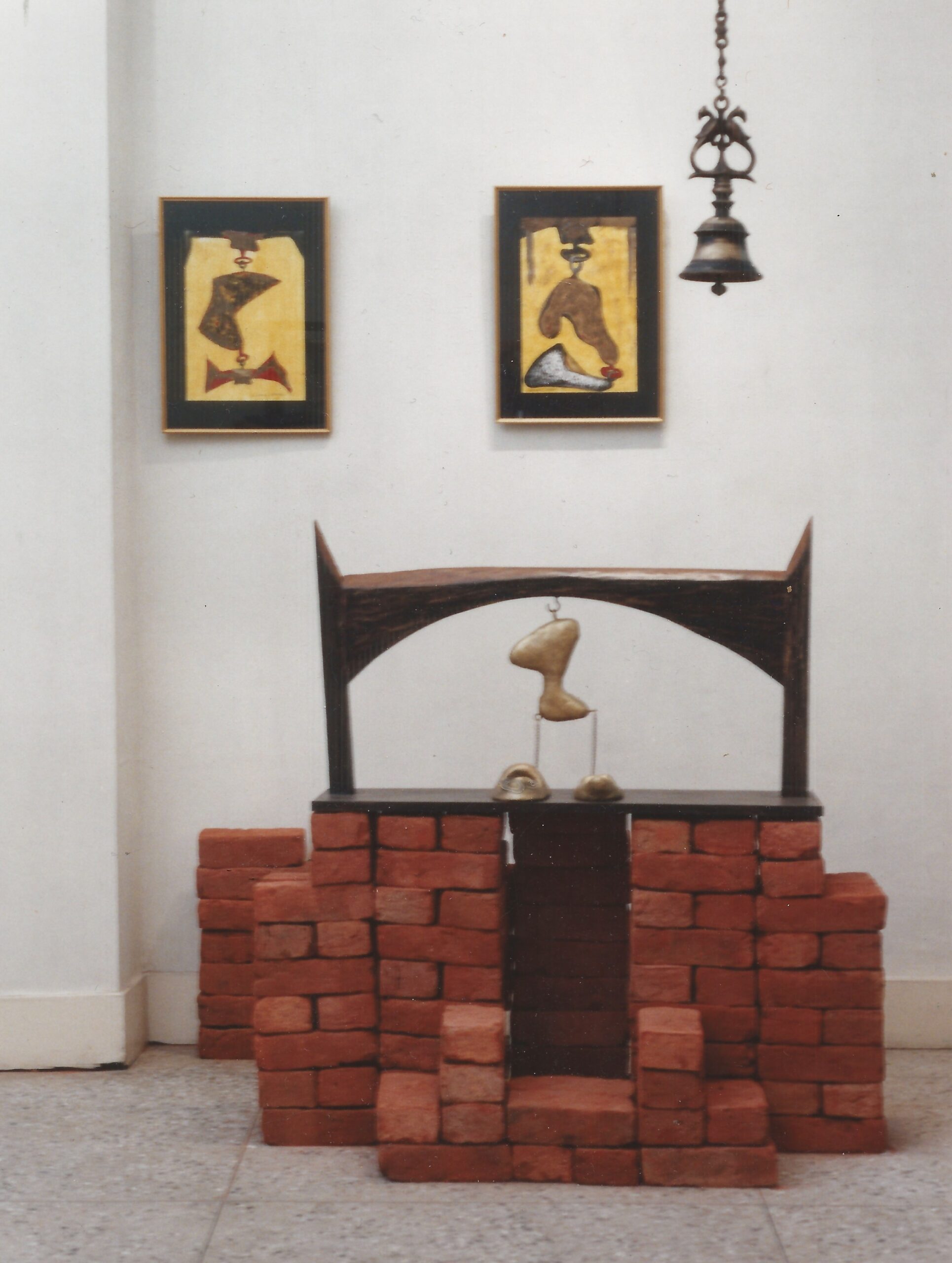Ke ?
The Play
Dr. Sunil Sen. has a tiff with his wife Kurchi, following which he comes to stay at his sister Bula’s and brother-in-law, Arun’s farm house. Manoj, a successful businessman, is Kurchi’s lover. One fine morning, a stranger, Srikanta Gupta, comes to meet Sunil and informs him that his wife, Lily who is Sunil’s patient, has committed suicide that morning. The reason behind the suicide is Lily’s alleged affair with Sunil and her pregnancy. Srikanta threatens Sunil with murder. Sunil, in self defense, approaches his college pal, Rabi, a high rank police officer. But Srikanta is violent with Rabi as well and injures him. Left with no choice, both Rabi and Sunil approach a private detective, Chatak Chattaraj, on Arun’s advice. Can Chatak Chattaraj solve the mystery?
Director’s Note
Ke? (Who?) apparently conveys the sense of a thriller, but at its core is a blend of complex human relations, empowerment of women, and the modern day stagnancy of the institution of marriage. The soul of the play carries a delicate hint that helplessness arising from individual vulnerability adds to the philosophical belief of life, more than human vaunting. Every space in this production penetrates the other. The office enters the house, the coffee shop makes way into the office, the doctor’s chamber breaks out of the coffee shop – each intertwined with the other, expanding into the entire city and society in the end. Casting of light is meant not merely to represent illumination or darkness, but to signify a process of psychological continuum. In this production, the transition from one scene to the next never occurs in darkness; rather the accompanying music portrays a world proportional to the light, entwining the conscious with the sub-conscious. While a prototype of music and light has been used to illustrate the consciousness of the mind, another pattern is used to depict its sub-consciousness. The association of cricket comes as a requisition in the play. Costumes and make up represent two different colors and mental states. Finally, is ‘Ke? (Who?) about analyzing the registers of life, unconsciousness, cricket, and society, placing them all on the same premise?
The Playwright & Director
Bratya Basu is an accomplished theatre artist, playwright, actor and director. His noted plays include Aranyadeb, Shahar Yaar, Virus-M, Winkle-Twinkle, 17th July, Ruddhasangeet, Chatushkon etc. His plays have been staged by various and renowned groups and directors. He has directed three films viz. Raasta, Teesta and Tara and has acted in many films including, Kaalbela, Icchey, Sthaniyo Sambad etc. Basu has bagged many awards and recognitions such as Shyamal Sen Memorial Award, Dishari Award, and Satyen Mitra Award.
Bratya Basu, currently Hon’ble Cabinet Minister and in charge of the Ministry of Tourism for the state of West Bengal, formed his own theatre group Bratyajon in 2008. His recent plays Cinemar Moto and Ke? are milestones in Bengali Theatre.
The Group
‘Bratyajon’ is the brainchild of ace playwright and actor-director Bratya Basu. The group’s productions have been influenced by the learning, motivation, inspiration and experiences of the renowned playwright and theatre artist himself. Some of the important productions of Bratyajon are Ruddhasangeet, Canvasser, Byomkesh, Chiro Kumar Sobha, Cinemar Moto and Ke?. An important activity of the group is to organize an annual theatre festival, Bratyajon Natya Aayojan. Bratyajon confers Bishnu Basu Smriti Puroskar in the loving memory of the late Bishnu Basu and also organizes Bishnu Basu Memorial Lectures.









